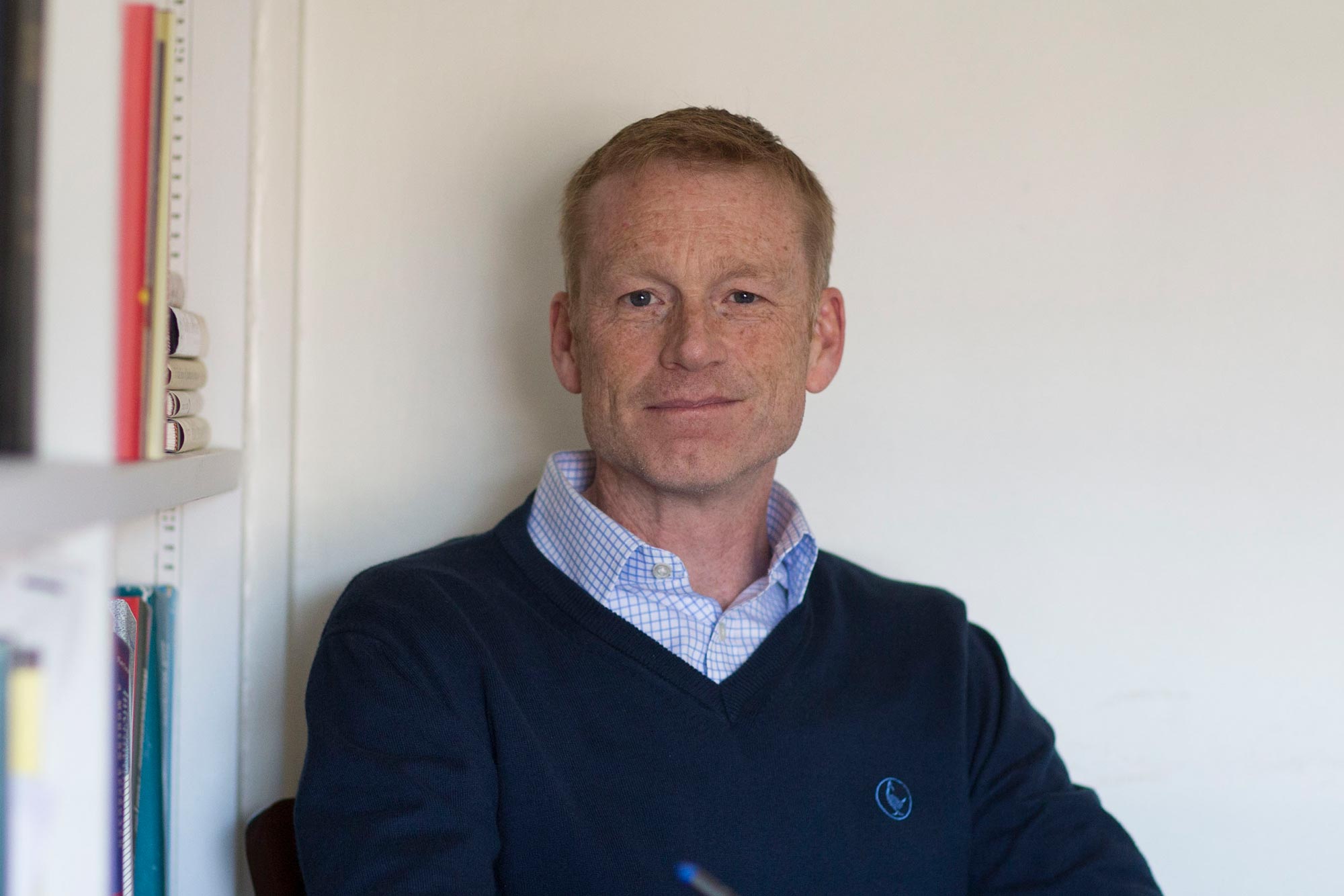George Mason University issued the following announcement on Aug. 13
This is a very interesting era for the U.S. economy – and for the study of economics.
The COVID-19 pandemic stopped the economy in its tracks and prompted large-scale government intervention, followed by an uneven recovery. Employment remains unsteady and the actions of the Federal Reserve and the federal government seem to increase inflation. The Federal Reserve Bank of New York said Monday that expectations for long-term inflation rose slightly in July. The bank’s Survey of Consumer Expectations’ estimate of price gains over three years moved increased from 3.6 % to 3.7 %, the highest reading since August 2013.
It’s a fascinating time for anyone teaching and researching the economy. UVA Today recently talked with Lee Coppock, University of Virginia professor of economics and director of undergraduate studies in the Department of Economics, about teaching in the current times.
Since joining the faculty in 2003, he has received several teaching awards, including the 2017 Kenneth G. Elzinga Distinguished Teaching Award from the Southern Economics Association – an honor named after his UVA colleague, a longtime teaching legend – and the 2018 UVA Alumni Distinguished Professor Award.
“Ken Elzinga is my mentor, both as economics professor and a person,” Coppock said. “One of my greatest honors was to win the teaching award that is named after him. It’s a national award, but named after my friend and mentor.”
Coppock and Dirk Mateer, a senior lecturer at the University of Texas at Austin, co-wrote a highly acclaimed and widely used “Principles of Economics” textbook.
In his time at UVA, Coppock has taught more than 17,000 students in the principles of macroeconomics.
“I really love our UVA students,” Coppock said. “They are smart, respectful, good-humored and well-rounded. I can’t imagine a group of students I’d prefer to meet with and teach.”
As the start of the fall semester nears, we asked Coppock about what it is like to teach in unstable economic times, and what he thinks about the U.S.’s economic outlook.
Q. As an expert in the field, have you ever experienced a time with as much economic turbulence?
A. The turbulence of this COVID-19 era has been extraordinary in magnitude, but in some ways, there is less uncertainty than there was during our last big recession, from 2007 to 2009. The spike in unemployment and the plunge in real gross domestic product last year were swifter and steeper than any we’ve previously experienced. But there wasn’t a typical surprise when we saw the data – we all knew we were going into a recession the moment the World Health Organization declared a pandemic on Wednesday, March 11, 2020. Many of us remember that as the day the Atlantic Coast Conference basketball tournament was truncated and our men’s basketball season was over.
With shutdowns all over the economy, it was clear that we plunged into recession on that day. It was kind of eerie for economists to watch it all happen in a 24-hour period. UVA was in the middle of spring recess and I knew immediately that the second half of the semester was going to look very different.
Q. Is it as different from historic precedents or other eras as it feels to people who are not experts?
A. Yes, this recession is different from any we’ve previously experienced. The depth of the plunge in real gross domestic product was greater than any recession since the Great Depression. And even though we haven’t yet fully recovered, the return to normal growth and normal unemployment looks as if it will come sooner than it did in our last big recession.
Original source can be found here.

Source: George Mason University


 Alerts Sign-up
Alerts Sign-up